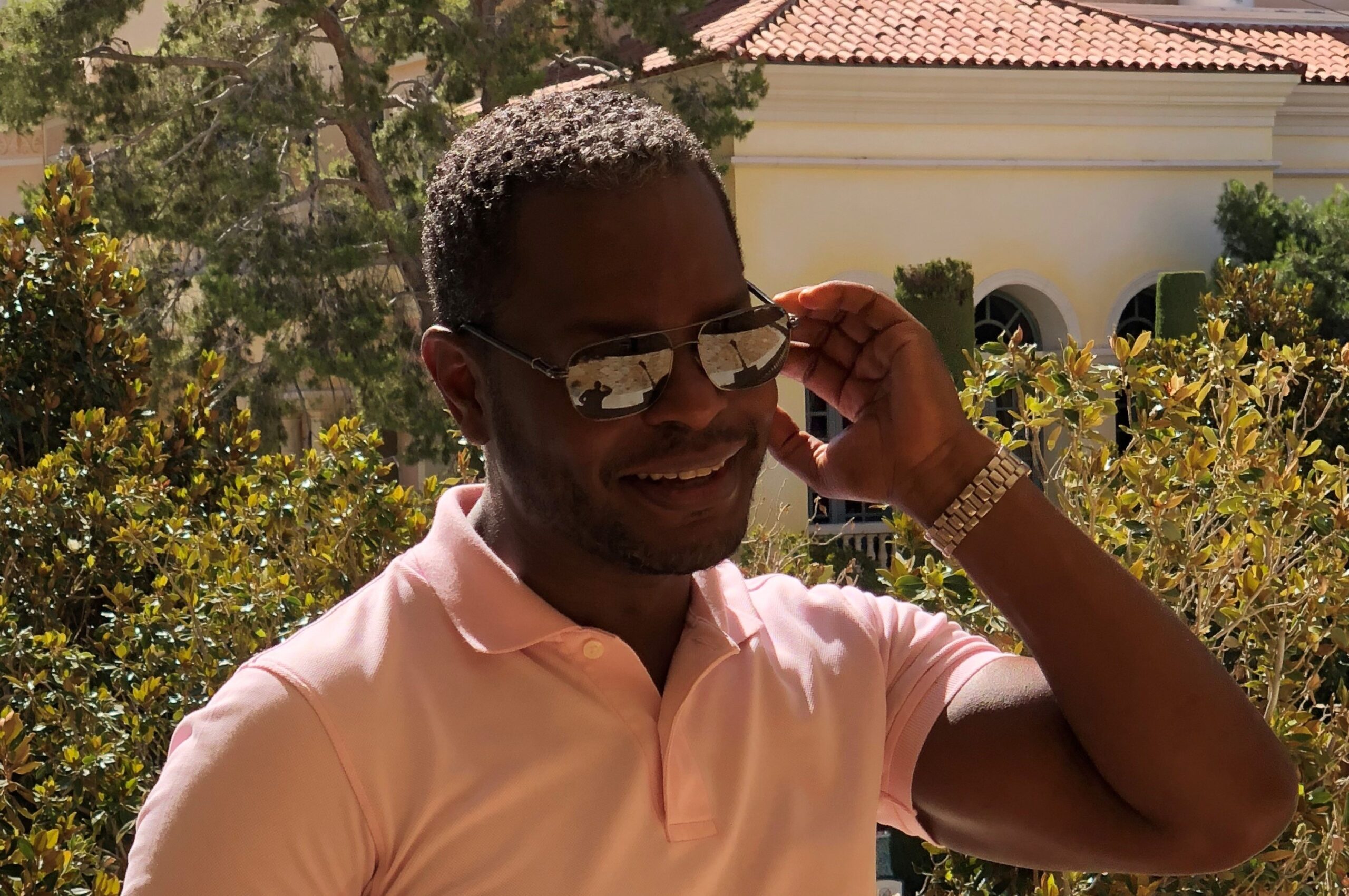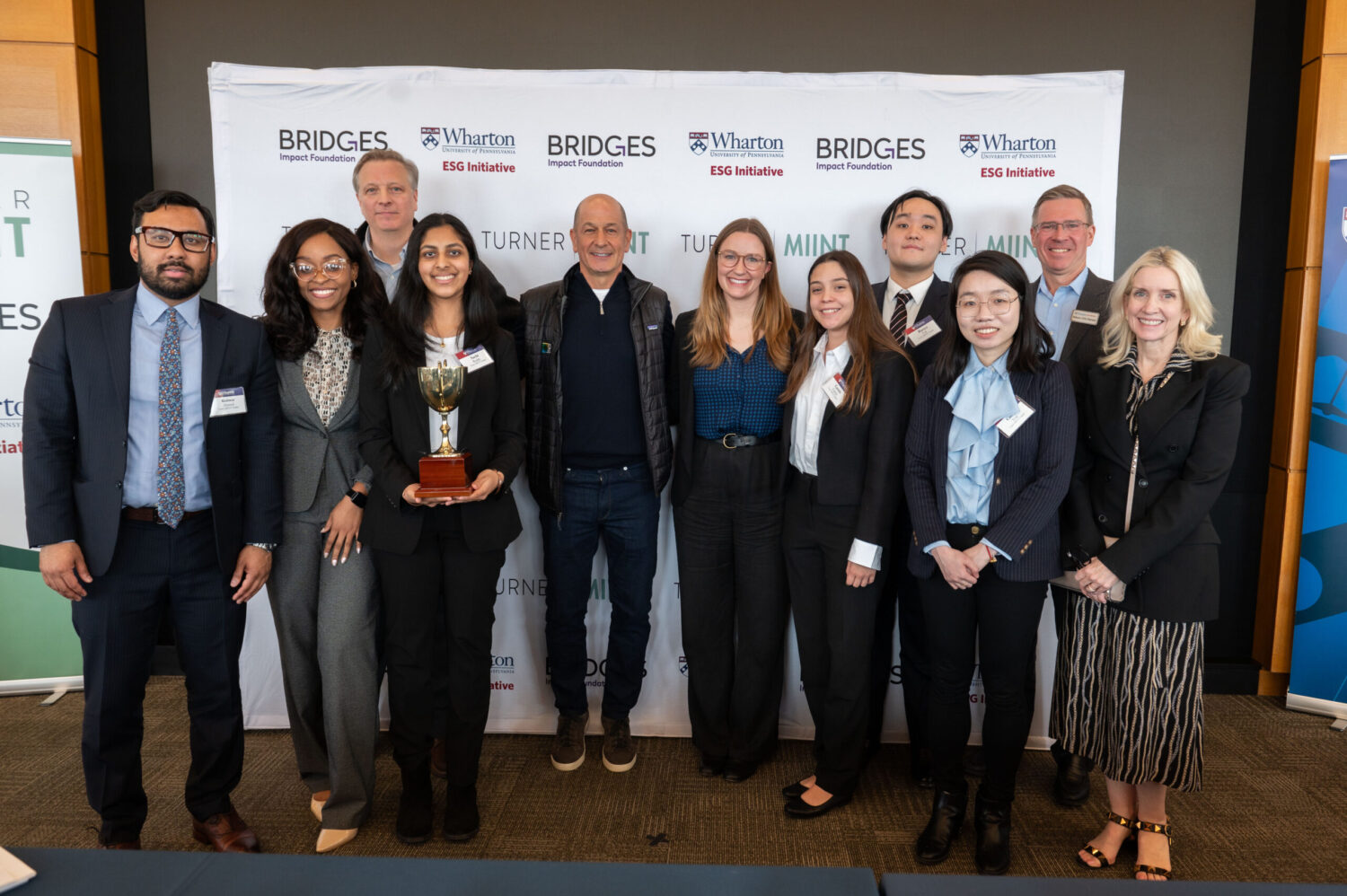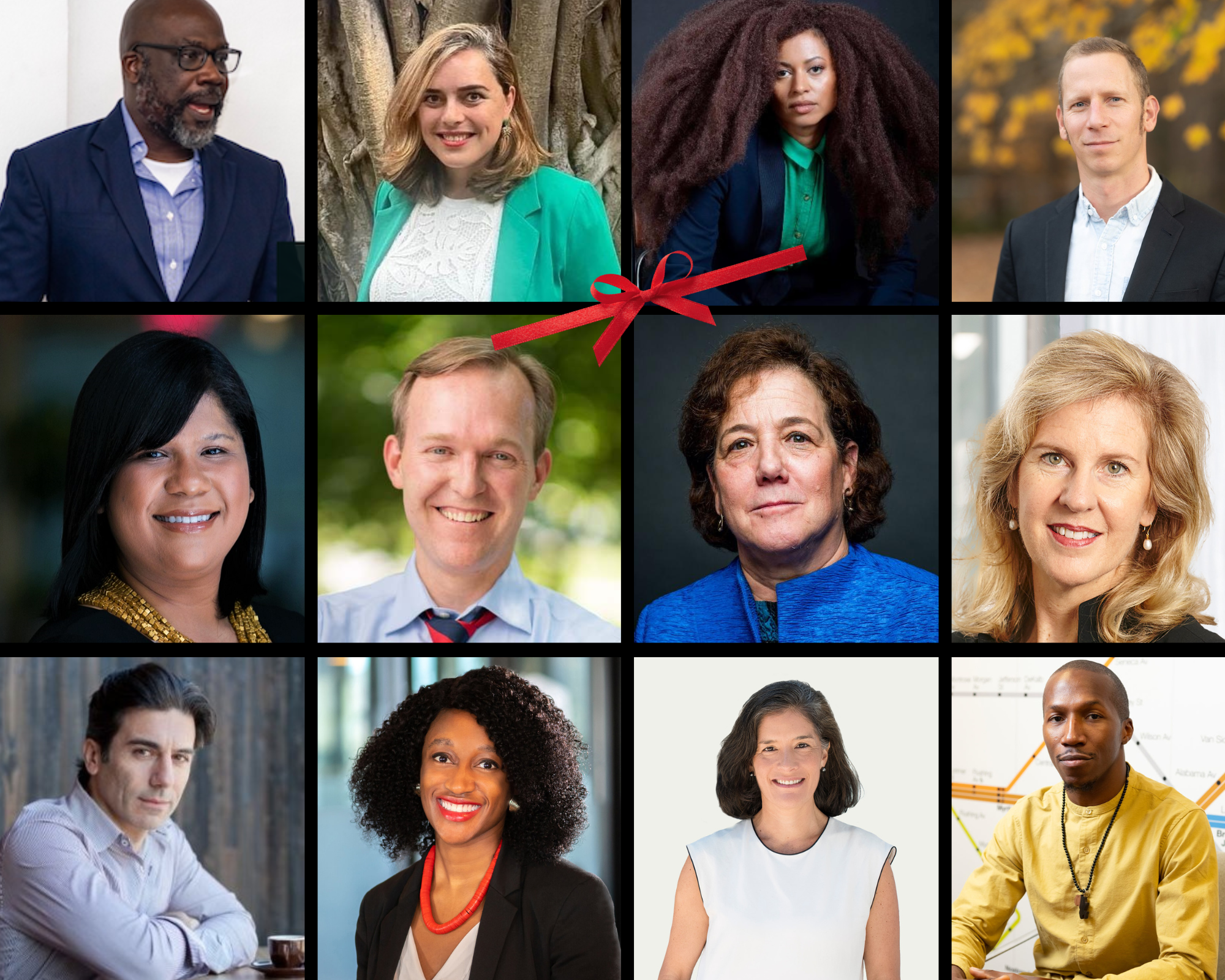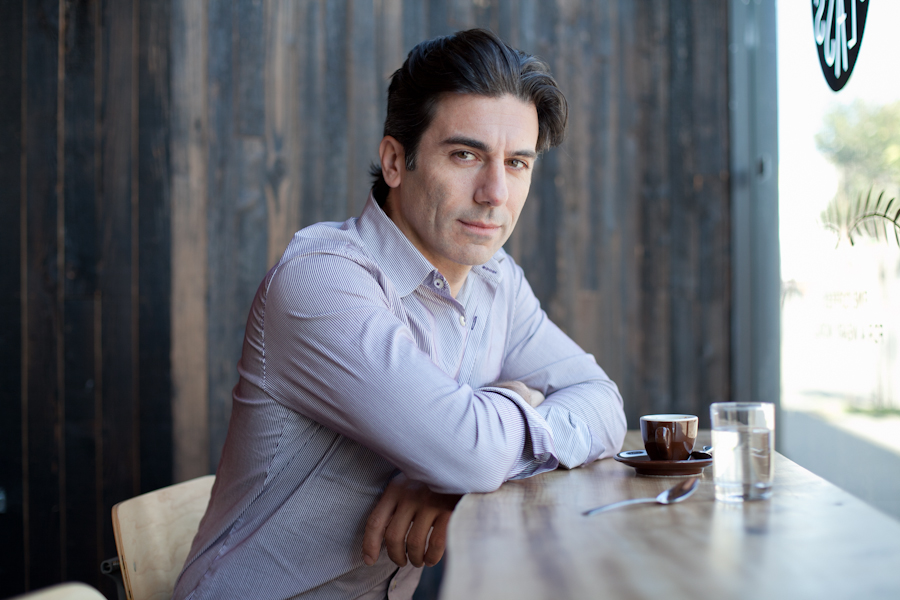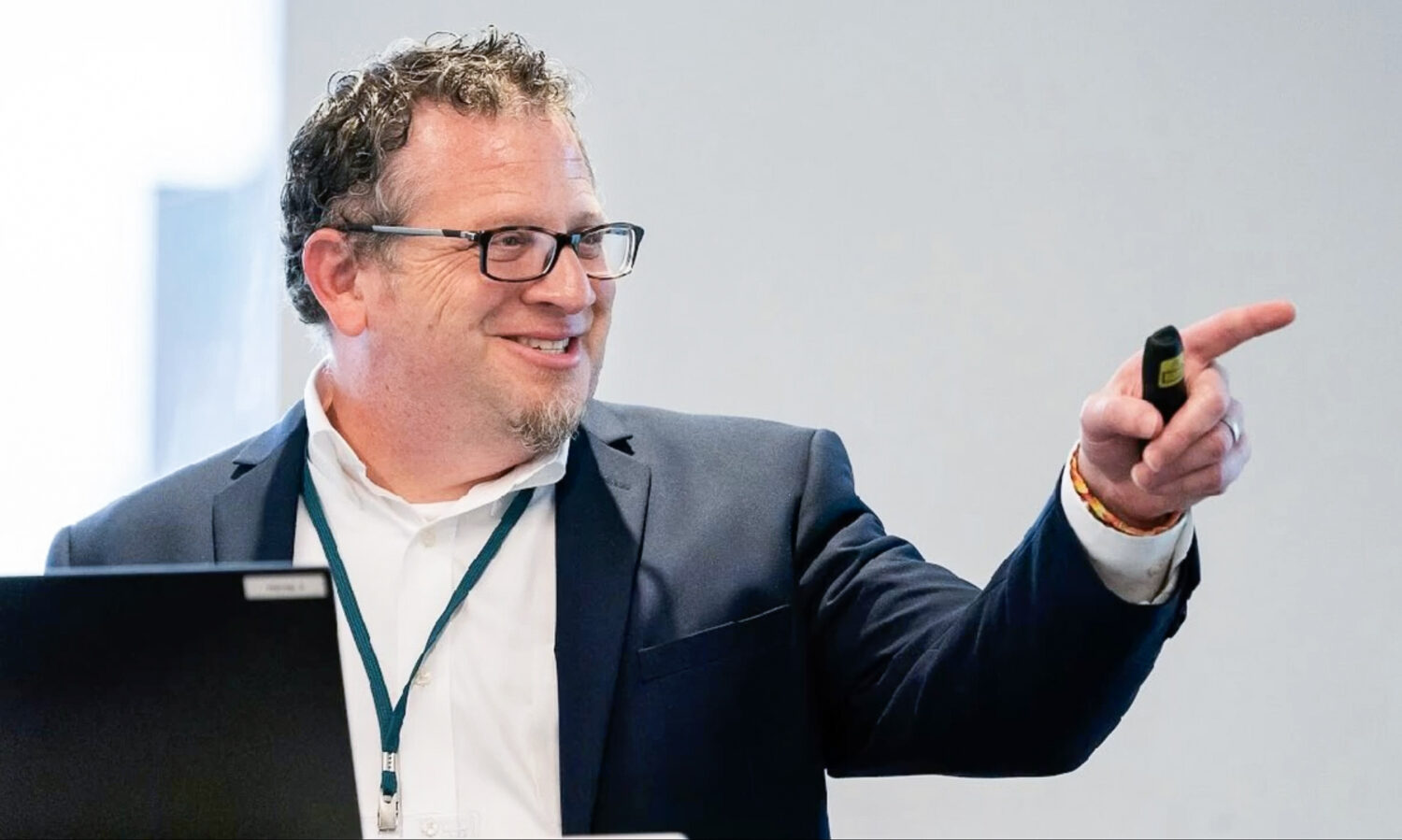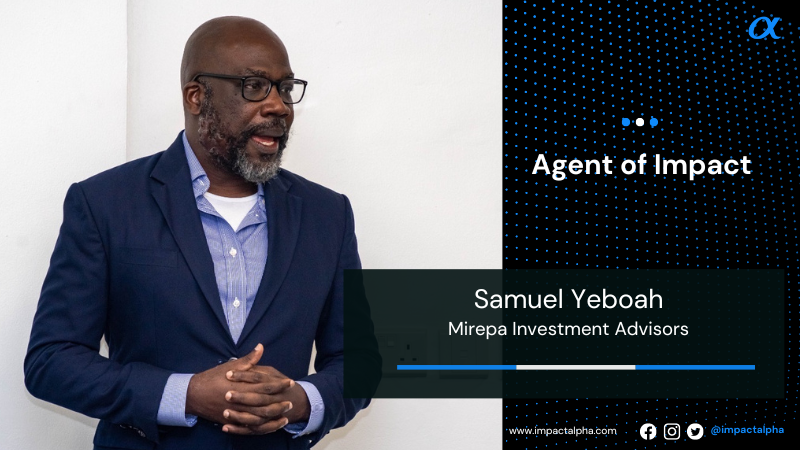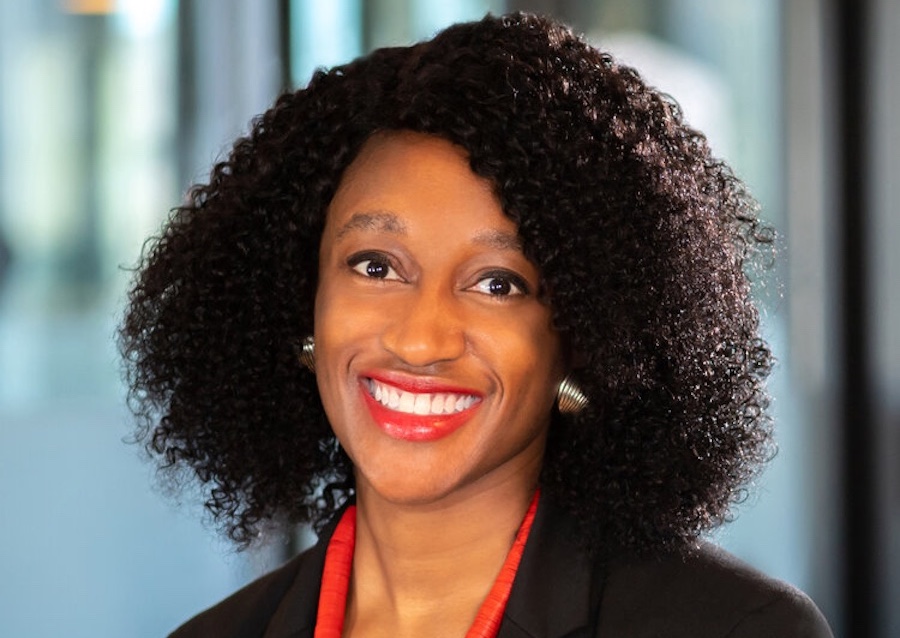ImpactAlpha, Jan. 20 – Building wealth for women and people of color is about numbers as well as equity.
By mid-century, there will be a new majority in the U.S.; over half the country will be composed of people of color for the first time.
The new majority “deserves the very support that we’ve seen in building wealth in this country in the middle of the past two centuries,” Demetric Duckett of Living Cities tells ImpactAlpha’s David Bank on this week’s Impact Briefing podcast.
Duckett is seeking to provide some of that support through Living Cities’ third Catalyst Fund, a $100 million fund anchored by a $10 million investment from the Kauffman Foundation. “We’re focused on increasing the number of decision-makers that have an equitable lens around how capital should be distributed and allocated to founders and others in the entrepreneur ecosystem.”
The thesis: More capital in the hands of women and fund managers of color will lead to more investments in diverse entrepreneurs. Those entrepreneurs, in turn, can build wealth while addressing the needs of the new majority.
Across two earlier Catalyst Funds at Living Cities, Duckett has seeded innovations such as revenue-based finance (1863 Venture Fund and Founders First), Pay for Success (PFS Fund) social impact bonds (Social Finance), place-based strategies (Central Baltimore Future Fund and Detroit Community Loan Fund), land banks (Land Bank Twin Cities) and impact notes (ICA).
“The reason we are the U.S. and we are at the top of the heap, globally, is because we’ve invested in our prior majorities, which has been primarily white men,” says the banker turned impact investor who joined the 30-year-old collaborative of 19 philanthropic foundations and financial institutions seven years ago.
By building up a new generation of capital decision-makers and highlighting their performance, Duckett hopes to shift archaic perceptions of risk and value. “That decision-making power is built on an old model that served us for what we believed we needed,” he says, “but it won’t serve us well moving forward.”

